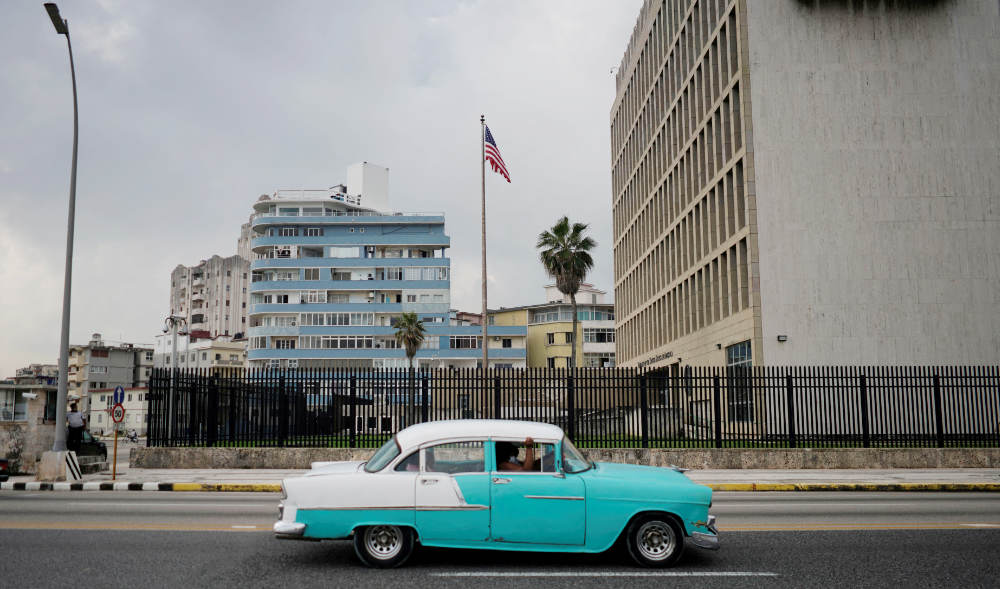WASHINGTON: The United States said Monday it is easing restrictions imposed during former president Donald Trump’s administration on travel to Cuba and sending of family remittances between the United States and the communist island.
“The Cuban people are confronting an unprecedented humanitarian crisis and our policy will continue to focus on empowering the Cuban people to help them create a future free from repression and economic suffering,” the State Department said.
The loosening of the embargo on Cuba will see increased visa processing, including at the Havana consulate, but with most visas still handled at the US embassy in Guyana.
The statement said it will “facilitate educational connections” between the two countries, as well as support for professional research including “support for expanded Internet access and remittance process companies.”
To boost the flow of remittances, the US government will lift the current limit of $1,000 per quarter for each sender, and also allow non family remittances to “support independent Cuban entrepreneurs.”
Senator Bob Menendez, chairman of the Senate Foreign Relations Committee and a member of President Joe Biden’s Democratic Party, denounced the lifting of some restrictions, saying that the Cuban regime “continues its ruthless persecution of countless Cubans from all walks of life” following unprecedented street protests last year.
The easing of travel “risks sending the wrong message to the wrong people, at the wrong time and for all the wrong reasons,” he said in a statement. “Those who still believe that increasing travel will breed democracy in Cuba are simply in a state of denial. For decades, the world has been traveling to Cuba and nothing has changed.”
The thaw comes in the wake of a series of mysterious illnesses suffered by US personnel and family members in Cuba in what has become to be known as “Havana Syndrome.”
US officials say they have yet to determine exactly what happened in the incidents but a senior official told reporters that there is an “appropriate security posture.”
US announces easing visa, family remittance restrictions for Cuba




